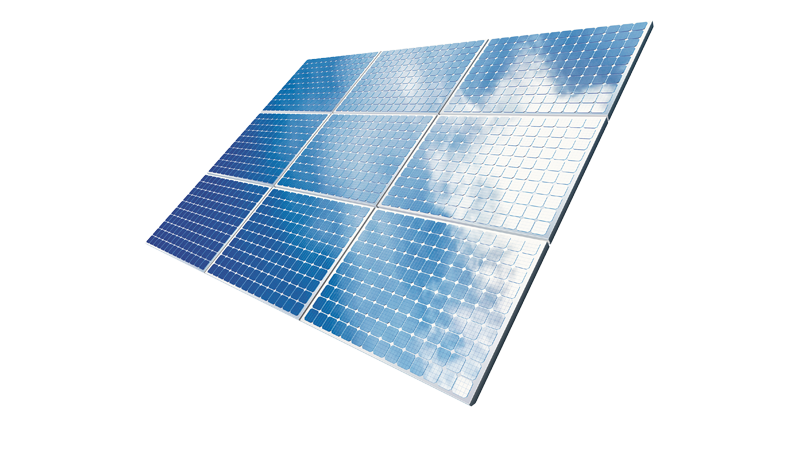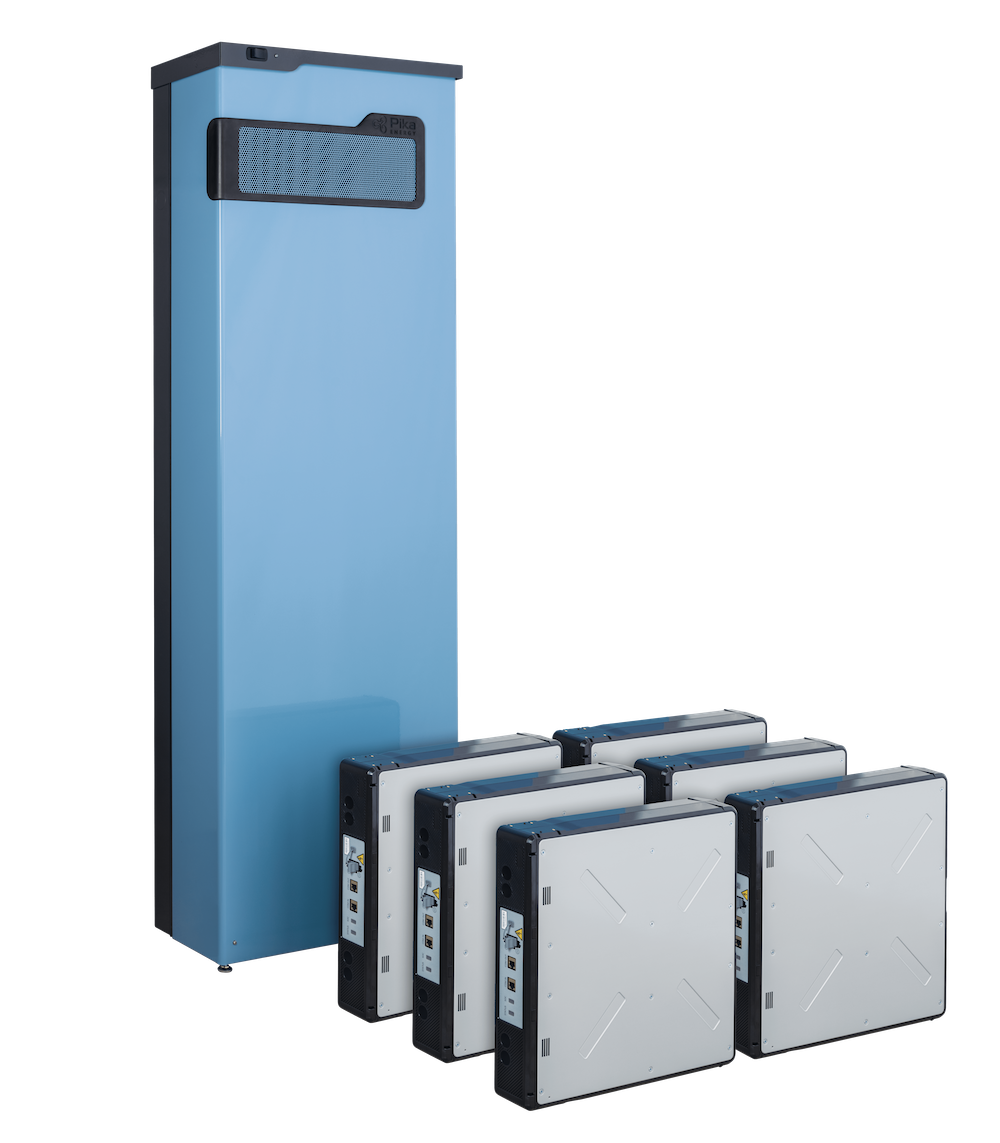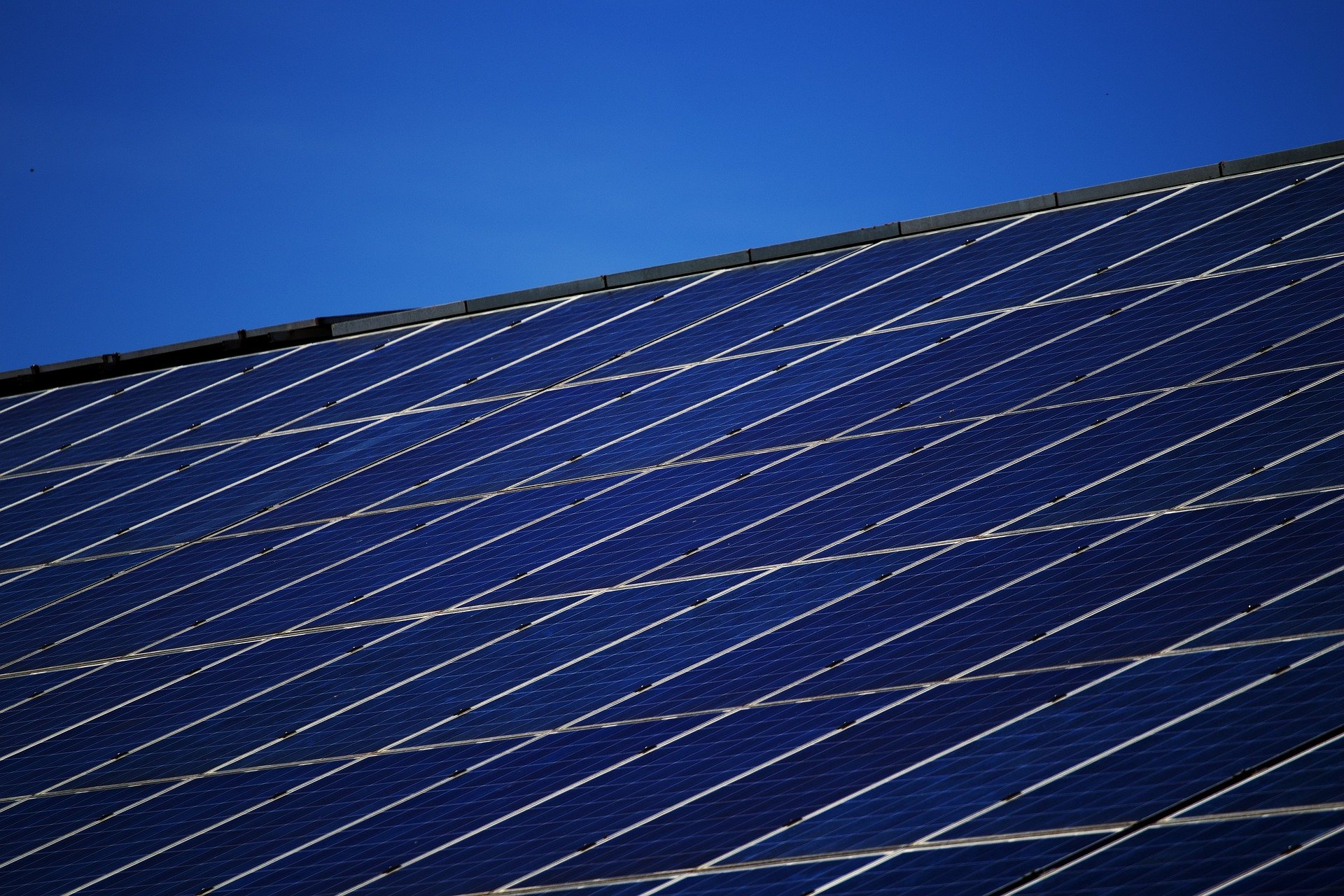There are two different approaches when it comes to coupling solar panels and a battery storage system. The connection between the solar panels and the energy storage system can use either alternating current (AC) or direct current (DC)—two types of voltage which transmit and conduct electricity. With AC, the electricity flows back and forth rapidly in both directions, whereas with DC, the electricity flows in one direction only.
The electric grid uses AC to operate, as do most household appliances, but most electric circuits use DC, solar panels produce DC, and batteries store DC energy. This is why inverters are installed alongside solar panels, to convert the DC electricity from your panels into AC electricity.
AC-coupled systems have traditionally been the more popular choice, but as more DC-coupling options become available on the market, this is beginning to change. So what’s the difference between AC and DC for solar-plus-storage, and which is the better option? Let’s find out.
AC-Coupled Energy Storage Systems
Generally speaking, an AC-coupled battery system uses two inverters. The first inverter is the standard solar inverter which is installed alongside every solar PV system to convert DC to AC, and the second is a portable storage inverter used to convert the current from AC back to DC in order to charge the battery.
AC-Coupling: Pros & Cons
AC-coupled battery systems are both easier to design and easier to implement and, because of this, are generally the more cost-effective option. Additionally, AC-coupled systems are usually the better bet if you already have solar panels installed and wish to add a battery storage system. However, because AC-coupled solar-plus-storage systems use two separate inverters, they are less efficient than the DC-coupled systems in terms of power output.
DC-Coupled Energy Storage Systems
A DC-coupled battery system requires the use of only one inverter. This is a more specialized piece of equipment than the inverters used for AC-coupling, as it is a hybrid inverter used for both the battery and the solar panels.
DC-Coupling: Pros & Cons
As noted above, the inverters used for DC-coupling are more specialized pieces of equipment and, as a result, are more expensive than a typical solar inverter. Additionally, because of the more complicated installation process, it will likely take longer to install than an AC-coupled system. If you’re concerned with cost-efficiency, or you already have solar installed at your property, then an AC-coupled system is probably the better option. However, DC-coupled systems are more efficient in terms of power output, as the electricity only has to pass through a single inverter. For this reason, those installing solar panels and a battery storage system at the same time might consider opting for a DC-coupled system, as there is less energy loss. 
AC or DC: Which Should You Choose?
There is no definitive answer as to which option is the best choice overall. In reality, it depends on the specific situation, and the intended application of the system in question. However, one general rule of thumb is that an AC-coupled system is the simpler, more cost-efficient option if you already have solar PV installed and want to add a battery system. Ultimately, the best way to determine the correct option is to speak with a qualified project developer like YSG Solar. YSG will advise you regarding the best course of action for your particular situation.
The Benefits of Battery Storage
A battery storage system offers an unprecedented level of energy independence and autonomy. Coupling solar with storage can allow energy consumers to rely on renewable energy at all times. An energy storage system on your property offers a backup energy source in the event of a blackout or power outage, eliminating the need to pull power from the grid. Instead, you can make use of the stored power in the event that your panels stop operating.
Battery storage is one of the fastest-growing pieces of renewable energy technology in the industry, and with good cause. Solar-plus-storage is an energy solution that offers dependable, reliable solar energy alongside energy grid independence. YSG customers in Massachusetts, NYC, Westchester, Long Island, Virginia, and Rhode Island have all seen the benefits of battery storage integrated alongside solar—and you could too.
If you’re interested in a battery storage system for your home or business, then reach out to YSG Solar today. YSG has been operating in the solar sector for over ten years and is vastly experienced in the installation of energy storage systems alongside solar panel arrays. Send us an email or call at 212.389.9215 to learn more.
YSG Solar is a project development vehicle responsible for commoditizing energy infrastructure projects. We work with long-term owners and operators to provide clean energy assets with stable, predictable cash flows. YSG's market focus is distributed generation and utility-scale projects located within North America.
Sources:
https://goingsolar.com/ac-and-dc-coupled-battery-storage/
https://solarbuildermag.com/batteries/ac-vs-dc-coupling-solar-systems-with-storage/
https://www.cleanenergyreviews.info/blog/ac-coupling-vs-dc-coupling-solar-battery-storage

